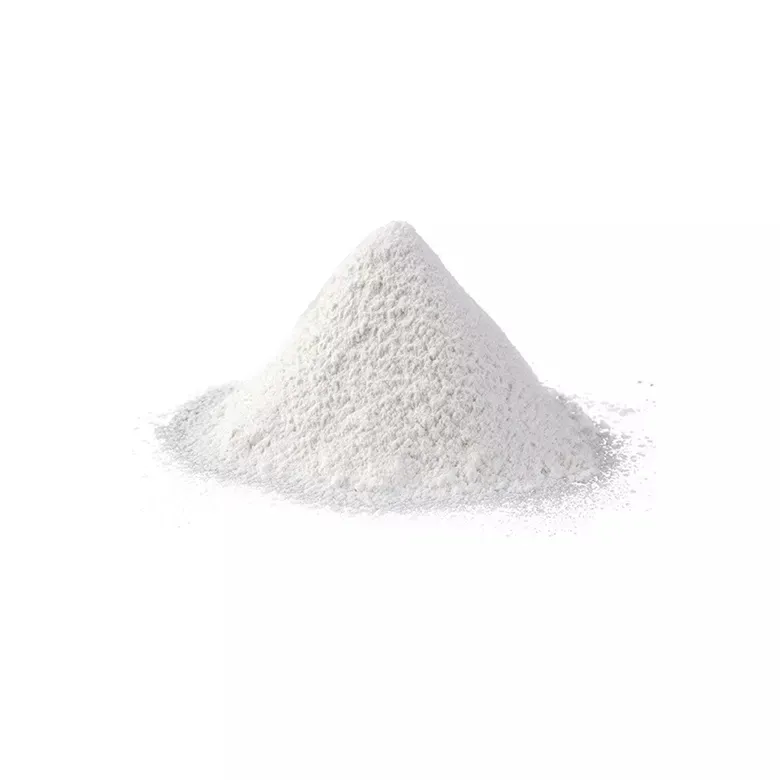Warning: Undefined array key "title" in /home/www/wwwroot/HTML/www.exportstart.com/wp-content/themes/1198/header.php on line 6
Warning: Undefined array key "file" in /home/www/wwwroot/HTML/www.exportstart.com/wp-content/themes/1198/header.php on line 7
Warning: Undefined array key "title" in /home/www/wwwroot/HTML/www.exportstart.com/wp-content/themes/1198/header.php on line 7
Warning: Undefined array key "title" in /home/www/wwwroot/HTML/www.exportstart.com/wp-content/themes/1198/header.php on line 7
- Afrikaans
- Albanian
- Amharic
- Arabic
- Armenian
- Azerbaijani
- Basque
- Belarusian
- Bengali
- Bosnian
- Bulgarian
- Catalan
- Cebuano
- China
- China (Taiwan)
- Corsican
- Croatian
- Czech
- Danish
- Dutch
- English
- Esperanto
- Estonian
- Finnish
- French
- Frisian
- Galician
- Georgian
- German
- Greek
- Gujarati
- Haitian Creole
- hausa
- hawaiian
- Hebrew
- Hindi
- Miao
- Hungarian
- Icelandic
- igbo
- Indonesian
- irish
- Italian
- Japanese
- Javanese
- Kannada
- kazakh
- Khmer
- Rwandese
- Korean
- Kurdish
- Kyrgyz
- Lao
- Latin
- Latvian
- Lithuanian
- Luxembourgish
- Macedonian
- Malgashi
- Malay
- Malayalam
- Maltese
- Maori
- Marathi
- Mongolian
- Myanmar
- Nepali
- Norwegian
- Norwegian
- Occitan
- Pashto
- Persian
- Polish
- Portuguese
- Punjabi
- Romanian
- Russian
- Samoan
- Scottish Gaelic
- Serbian
- Sesotho
- Shona
- Sindhi
- Sinhala
- Slovak
- Slovenian
- Somali
- Spanish
- Sundanese
- Swahili
- Swedish
- Tagalog
- Tajik
- Tamil
- Tatar
- Telugu
- Thai
- Turkish
- Turkmen
- Ukrainian
- Urdu
- Uighur
- Uzbek
- Vietnamese
- Welsh
- Bantu
- Yiddish
- Yoruba
- Zulu
elo . 25, 2024 08:48 Back to list
Health Considerations of Aspartame Sweetener Packets for Everyday Use
The Sweet Controversy of Aspartame Packets
Aspartame, a low-calorie artificial sweetener, has been a staple in many households and restaurants for decades, found in everything from diet sodas to coffee sweeteners in small packets. Its popularity stems from its ability to provide a sweet taste without the calories associated with sugar, making it a go-to choice for those looking to manage their weight or reduce sugar intake. However, the use of aspartame packets has sparked extensive debate over their safety and potential health effects.
Developed in the 1960s, aspartame is approximately 200 times sweeter than sugar. This intense sweetness means only small amounts are needed to achieve the desired flavor, which is why it is commonly found in small packets. These packets are often seen at cafes, restaurants, and even in people’s homes as a convenient way to sweeten beverages or foods. Most brands label their aspartame-containing products clearly, informing consumers about the presence of this artificial sweetener.
aspartame packets

Despite its widespread use, aspartame has faced scrutiny and controversy. Numerous studies have been conducted to assess its safety, and regulatory bodies like the U.S. Food and Drug Administration (FDA) and the European Food Safety Authority (EFSA) have deemed it safe for human consumption within established acceptable daily intake levels. However, some studies have suggested potential links between aspartame and various health issues, including headaches, allergic reactions, and even more severe conditions. These claims have led to ongoing public debate and skepticism about the long-term effects of consuming artificial sweeteners.
Moreover, the rise of natural sweeteners like stevia and monk fruit has presented alternatives for those wary of artificial additives. Many consumers are shifting toward these natural options, seeking to avoid the controversy and potential risks associated with aspartame. The growing trend of health consciousness and clean eating has prompted a reevaluation of what people put into their bodies, influencing purchasing decisions regarding sweeteners.
In conclusion, while aspartame packets remain a common choice for many seeking a sugar substitute, the conversation surrounding their safety is ongoing. For individuals, the choice to use aspartame often comes down to personal preferences and dietary needs. As research continues to evolve and more natural sweeteners gain popularity, the future of aspartame in the sweetener market remains uncertain. Ultimately, consumers should stay informed about their choices and choose what aligns best with their health goals.
Latest news
-
Certifications for Vegetarian and Xanthan Gum Vegetarian
NewsJun.17,2025
-
Sustainability Trends Reshaping the SLES N70 Market
NewsJun.17,2025
-
Propylene Glycol Use in Vaccines: Balancing Function and Perception
NewsJun.17,2025
-
Petroleum Jelly in Skincare: Balancing Benefits and Backlash
NewsJun.17,2025
-
Energy Price Volatility and Ripple Effect on Caprolactam Markets
NewsJun.17,2025
-
Spectroscopic Techniques for Adipic Acid Molecular Weight
NewsJun.17,2025

